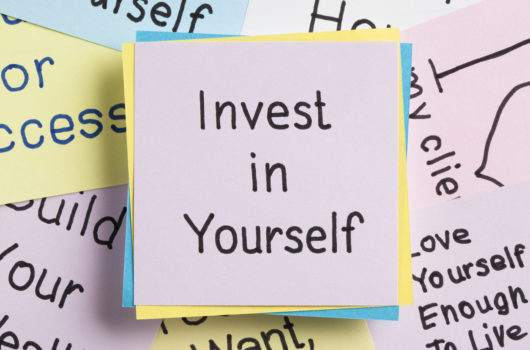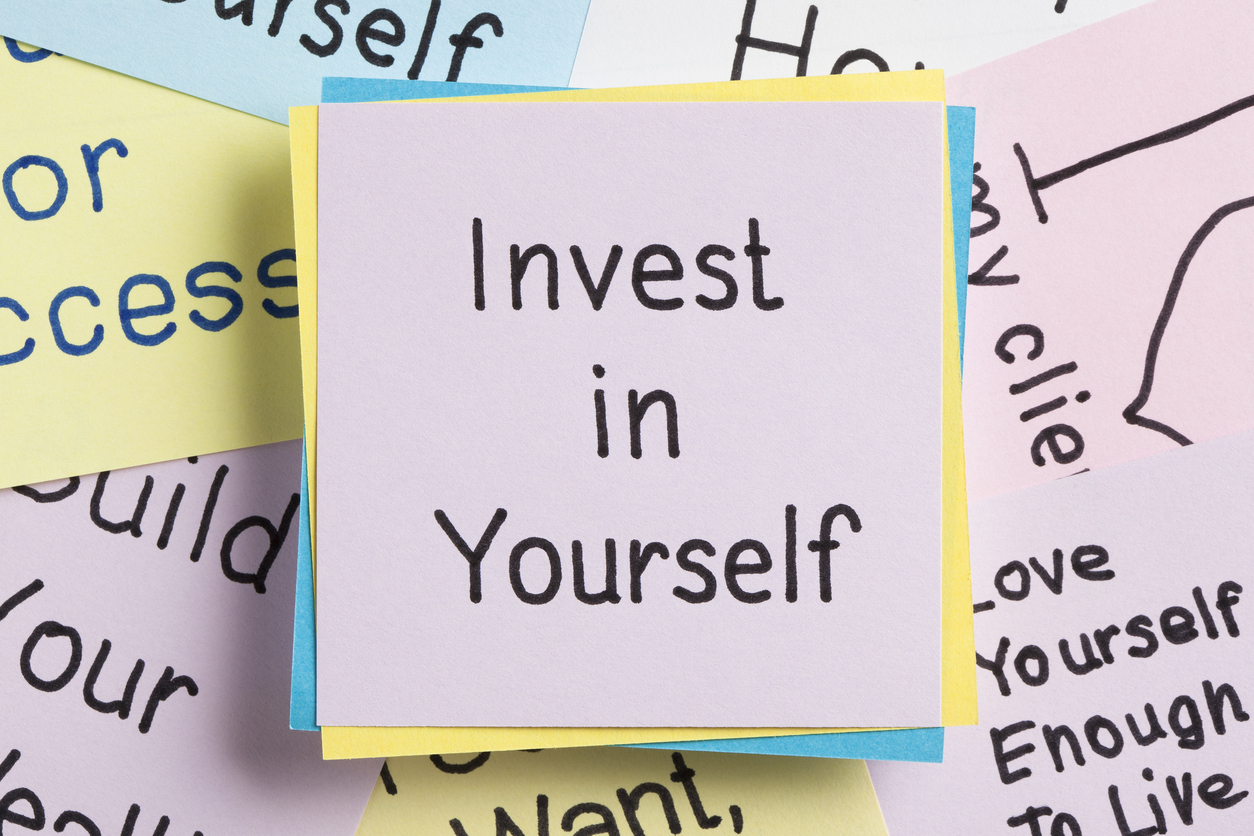It’s All About Me! Self-Care Steps Made Simple

Often times people get caught up in their day-to-day routine of going to work, being caregivers, attending school, being super mom or dad, husband or wife, and before you know it, the day is gone and they haven’t done one thing for themselves. Most people prescribe to the notion that they just don’t have time for themselves because there is always something more important that needs to be done. They find themselves last on their to-do list, and that’s if they even make it on the list at all. It’s ironic how most people will prioritize other people’s needs as important but neglect the time they need for themselves. For those who attempt to incorporate self-care, personal time is always the first to go when life gets hectic and stressful. Why do we do this? It is often challenging to recognize the importance of taking time for ourselves but there is a significant upside to our quality of life when we do. Now is the time to ramp up caring for yourself and alleviate the feeling of being overwhelmed.
“Self-care is not merely an opportunity to pamper and spoil yourself, it’s a necessity to maintain a healthy balanced life”.
Let’s start by getting rid of the baggage. In order to practice self-care,we have to first rid ourselves of negative habits we have accumulated over time. This is not an easy task by any means, but it is absolutely doable. It’s no different than committing to quit smoking or lose weight. It just takes time, practice and discipline. The first step is recognizing your need for a break, long before you actually take a break. This comes from the concept of being mindful and listening to what your mind and body are telling you. When we ignore our internal signals, it can result in frustration, anger and exhaustion and the people around us end up paying the price for our lack of self-care. In order to start making changes, we need to identify negative thoughts and behaviors that interfere in the development and practice of healthy self-care habits. Ask yourself, “What am I telling myself and doing that keeps me from acquiring some time for myself?”. You may be surprised that much of these habits are brought on by ourselves. No one is twisting our arm to make ourselves less of a priority.
Here are some common themes that get in our way:
- Poor time management and planning: Underestimating your time will only lead to stress and feeling overwhelmed; a proper plan will decrease unnecessary stress and give you the time you need to get things done.
- Overextending yourself: This can cause burnout. It’s no wonder you have no time or energy for yourself. Only commit to what you can actually accomplish.
- Not having a support system: Doing everything on your own and not asking for help is a no-go; everyone needs help, even superheroes have sidekicks! Be sure to reach out to friends and family for help.
- Lack of proper sleep: Lack of sleep causes fatigue and crankiness; no one operates at their best when they are drowsy due to sleep deprivation. A restful night leads to refreshed mornings and overall improved mood.
- Cutting out physical activity: Eliminating exercise can increase stress levels. We need to keep moving in order to promote the release of endorphins, which help improve our overall health and well-being. Taking a short walk goes a long way!
- Unhealthy eating habits: Stress and emotional eating can lead to unwanted weight gain and poor nutrition. Practicing meal prepping gives you time to create balanced meals and will help reduce fast food pit-stops on the go.
- Reducing time for fun: Hobbies, talents, and interests help balance ourselves out. Tapping into our creative side gives us a mental break and ignites our imagination; remember to explore them regularly!
- Self blame: This is a negative thought process that causes low self-esteem and self-worth. Being optimistic and forgiving yourself for mistakes will improve your mood and reduce the guilt.
“Self-care is more than carving out a few random seconds for yourself in a day; it’s a deliberate practice that we all need in order to sustain and function at our best”.
Many people will relate to at least one thing on this list, and by now you should be able to start identifying areas of improvement that need to be re-evaluated. Start exploring how you can begin to take steps to incorporate better self-care practices. This is the time to get excited about making positive changes in your life and not a time to be down on yourself for not taking care of you. Finding the time to incorporate these changes is the key to successful self-care, but can also be quite challenging for some of us.
A good rule of thumb is to start with a small goal. We want it to be realistic and something we can actually accomplish and maintain. Remember, poor planning and underestimating time will sabotage your self-care tactics. The more we practice self-care, the more natural it will feel being part of our daily life. Soon, you will be able to do it without thinking! We can never assume that just because we’ve met our basic needs, we are giving ourselves optimal care.Think of self-care as a necessity and not a luxury; it is what we need to function and operate at our best. Here are a few easy ways you can start to incorporate self-care throughout the day.
These activities are FREE and as you get better at taking care of yourself, you can add things to your list that you personally enjoy.
Morning Activities:
- Deep breathing
- Prayer or meditation
- Stretching and yoga
- Eat a well-balanced breakfast
- Wear clothing that boost your self-esteem
Afternoon Activities:
- Leisure walk during your work day
- Eat a healthy snack
- Take in fresh air
- Write down an inspirational quote
- Sit in silence and clear your mind
Evening Activities:
- Take a bath
- Turn off your cell phone
- Journal about anything
- Exercise without a goal
- Go to bed early
“Stop running on fumes and fill up your tank.”
Let’s recap a few key points and review the things you need to remember to maximize self care. As you begin to change the structure of your life and allow yourself to better care for you, you’ll be amazed at the difference it makes in your mood, energy levels, and overall peace of mind. Give yourself the opportunity to be your best version of you.
- Recognize you need a break: Being mindful and in-tune with yourself will help you recognize triggers to stress and reduce mental fog and fatigue.
- Get rid of the guilt: Stop harboring guilt for taking care of yourself. If you find yourself saying things such as, “I don’t deserve a break. I have so many other things I could be doing; it will only take a few more minutes of my time.” then you are telling yourself everything else is more important than what you need to do for yourself.
- Don’t be afraid to say no: Try to not stretch yourself too thin. Far too often we over commit to things we don’t have time for or we are simply too afraid to say no in order to spare someone’s feelings or disappointment. Don’t let someone else’s procrastination be your emergency; be tactful and decline overwhelming requests.
- Set clear boundaries: Make friends, family, and co-workers aware of your hobbies and self-care practices that you incorporate throughout the day. This will help them be aware of your routine and respect the importance.
- Compliment yourself: Giving yourself credit throughout the day for taking care of yourself is essential. Remind yourself of what you need, and celebrate the moments you give to yourself.
“Remember to always be kind and gentle with yourself.”
Virginia N. Gaskins, MS, LMHC
Psychotherapist
To read more blog posts written by Virginia, click here.

